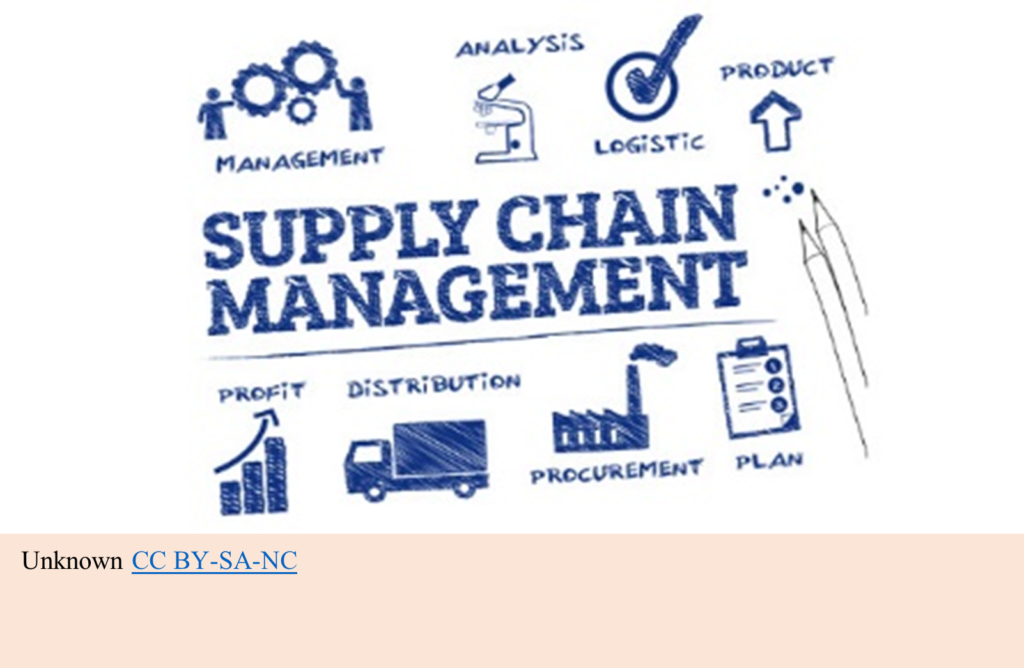The requirement of Supply Chain Management science, is for astute practitioners to be knowledgeable in communications, collaboration, technologies, economics trends, and transportation. The aforementioned four (4) are the summary areas for the efficient and effective Supply Chain Management function in conjunction with the units/departments, teams, involved in the movement of goods/services from suppliers/vendors to consumers. Effective communications with every player/stakeholder within the chain ensures cohesiveness of movements, players, and operations to achieve efficiency.
The effective implementation of a robust Supply Chain Management model showcase agility, flexibility, and continuity through a diversity of skills to ably manage complexity, and an everchanging array of movement and technologies within the logistics and supply chain sphere. The requisite skills for the Supply Chain Management Practitioner can be looked at broadly through the following points.
Requisite Skills
- Communication & Collaboration
- Financial Management Proficiency
- Procurement/Inventory Management
- Strategic Planning
- Transportation Fleet Management
- Leadership Management
- Problem Solving/Critical Thinking
- Supplier Management
- Warehousing & Storage
- Quality Control
- Risk Management
- Data Analysis


3 thoughts on “SKILLS APPLICATIONS IN SUPPLY CHAIN MANAGEMENT”
Your wisdom shines through in your writing.
Your blog brightens my day.
Yes cannot be!
Comments are closed.